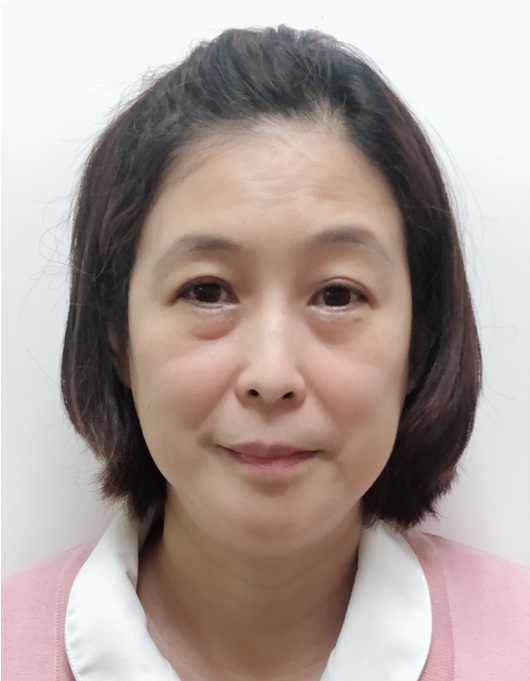Scientific Program

Ching-Yun Ching
Yuan's General Hospital, Taiwan
Biography:
Ching-Yun Ching has completed her BSN at Fuying University and Studies for her master at the department of Nursing I-Shou University, Taiwan. She is the nursing head nurse at Yuan’s General Hospital, a regional teaching hospital. She has been involved in clinical nursing research.
Abstract
Purposes: The aim of this study were 1) to understand the current status of turnover intention, work stress and job burnout; and 2) to assess which factors are capable of predicting the turnover intention of nursing staffs.
Method: This was a cross-sectional study, which investigating a sample of 334 nursing staffs from a regional teaching hospital in South Taiwan. We used the instruments including OS-2, MBI-Chinese, and an individual information questionnaire. Data were analyzed by using SPSS 22.0 software.
Result: The mean total score of nurses' work stress was 150.99 (31.66), the burn out status of nurse included a high level of emotional exhaustion 29.44 (12.32), a moderate level of depersonalization 9.77 (7.68), and decreased extent of personal accomplishment 28.82 (8.61). The above data indicated that all three factors (emotional exhaustion, depersonalization, personal accomplishment) were in the high risk grading status. Thus, the results of present study demonstrated that nursing staffs have a high risk for burnout; All the variables showed that the total variation of the staff turnover intension was 12.3%, and the variances of the Interpretation of work shifts, work stress, and burnout (depersonalization) were 5%, 2.3%, and 5, respectively.
Conclusion: This study found that work stress can lead to job burnout of nursing staff. Work shifts, work stress and burnout had important association with turnover intention. In view of the impact on burnout, there is value in considering how to understanding and management the work shifts, work stress and burnout are crucial for preventing turnover intention.
- Current Trends in Nursing Practice
- Evidence Based Clinical practice
- Public Health Nursing
- Emergency Nursing
- Geriatric and Palliative Nursing
- Cancer Nursing
- Mental Health Nursing
- Midwifery and Neonatal Care and Pediatric Nursing
- Surgical Nursing
- Men in Nursing

